The need for high quality mental health care hasn’t gone away during the COVID-19 pandemic. Anxiety, depression, substance abuse and suicidal thoughts are on the rise. For people of all ages, the signs and symptoms of a treatable mental illness have been heightened by the stresses of social distancing and economic insecurity.
Thankfully, children and young adults from across northern Minnesota and northwestern Wisconsin can still count on Amberwing – Center for Youth & Family Well-Being. In fact, some families are finding it easier than ever to get the intensive help they need here—virtually. That’s one of the silver linings to COVID-19 safety restrictions on meeting face-to-face at the Duluth, Minnesota–based therapy center.
“Using Zoom (an online video service), we’ve been helping more patients who live farther away in places like International Falls, Brainerd and Rice Lake. After COVID-19, we want to continue offering virtual care,” says Steve Sutherland, MD, a child and adolescent psychiatrist and Amberwing’s medical director.
Dr. Sutherland has been part of the Essentia Health therapy team at Amberwing ever since the center was created by the Miller-Dwan Foundation in 2012. Donors built the unique and innovative wellness center to address a shortage of intensive care options amid spiking levels of youth suicide and serious mental health and emotional problems. It’s provided youth in the region access to some of the most state-of-the-art mental health and substance use services available anywhere.
Who needs Amberwing?
A lot of kids and families. There will always be people whose needs are so intense or far-reaching that standard office-based care just isn’t enough, Dr. Sutherland says. That’s where Amberwing has played a vital role.
“There’s a gap that exists in treatment options where your needs are too great to just do standard work in a clinic and wait for appointments, but maybe you don’t need to be in an inpatient (hospital) setting,” he says. “Over the past decade, we’ve also worked to build bridges between those other areas of care to make it easier for kids to get the right care at the right time.”
[Wondering if your child needs help? Learn the signs of a mental health problem and how Amberwing can help. Call 218.355.2100 and talk with the Amberwing Family Resource Center, which offers free expert advice for families—thanks to the support of the Miller-Dwan Foundation.]
No referrals for care are needed to come to Amberwing, and most insurances are accepted.
Virtual programs for grades 1–12
Care is primarily a Partial Hospitalization Program (PHP) designed for children (1st–5th grade), middle school youth (grades 6–8) and teens (grades 9–12). The middle school and teen programs have gone virtual during COVID-19, due to social distancing practices, via the Internet for 5.5 hours each day over a course of 15 days. That’s a lot of online screen interaction for everyone—staff and patients alike—but Sutherland says the end result has been the same: healthier kids and families.
Reopening for young children
For younger grade school kids, a virtual program wasn’t as feasible. In-person PHP for children in first to 5th grade and their families will reopen June 22, 2020 at Amberwing with social distancing procedures.
Birth to kindergarten programs involving families have continued during the pandemic using heightened social distancing procedures.
A typical day in virtual PHP
A typical day in PHP for teenagers involves an array of therapeutic approaches customized to the needs of each child and family. There’s an emphasis on teaching the life skills needed to build hope, ensure recovery and increase resilience.
“Most of the impact and intervention that occurs at Amberwing is still happening online. It’s no different,” Sutherland says.
A typical day features:
- Group and individualized therapy
- Dialectical behavioral therapy (DBT) as a primary skill set, including mindfulness
- Counseling with parents
- Yoga session related to mental health
- Occupational therapy one-on-one for kids with sensory needs
- Activities like art therapy, exercise and natural outdoor themes that relate back to emotional and physical self care
During the school year, PHP acts as a replacement for attending school, with two additional hours dedicated to academic lessons.
[Read about the experience that Nate, a 17-year-old from International Falls, had doing virtual Amberwing therapy.]
Online success
Even though they clinically were in need, some families chose not to do the Amberwing program during COVID-19 out of concerns that there wouldn’t be an emotional connection online, such as in group therapy.
“Group therapy is different in this environment, but the majority of teenagers do make a connection with each other and staff (using virtual tools),” Sutherland says. “You generally don’t give up much. The research on telehealth over the past 20 years has shown a high level of patient satisfaction. We have evidence that it’s helping. And we see it every day.”
Comprehensive care heals
People get better with help. Research shows that if you use either psychotherapy or medicine alone to treat depression in youth and teens, 60% of people show moderate or major improvement. When you combine therapy and medicine, that number bumps up to 75%.
While there isn’t data on partial hospitalization programs, specifically, Sutherland says it’s clear that when people have a higher level of distress in their lives they’re going to need a higher level of caring response.
The fact that it’s available during a pandemic is good news for everyone. In the past, families have routinely traveled from within a 90-mile radius of Duluth for the daily intensive therapy of Amberwing PHP. Now more people can experience it from anywhere.
“We are excited about the prospect of virtual care never completely going away,” Sutherland says. “We’d like to see it become a routine part of follow-up care for everyone and as a way to reach people who are geographically hard to reach.”
Get help for a child or family: 218.355.2100
Learn more about Amberwing online or by calling the Family Resource Center.

